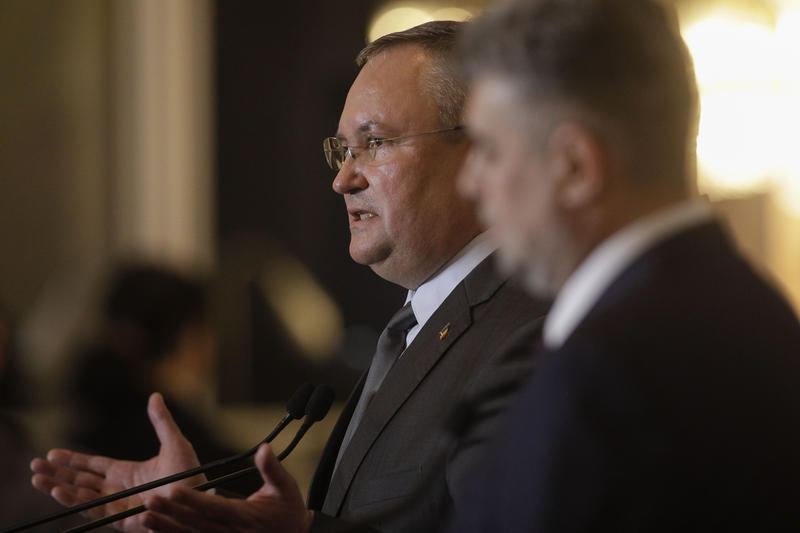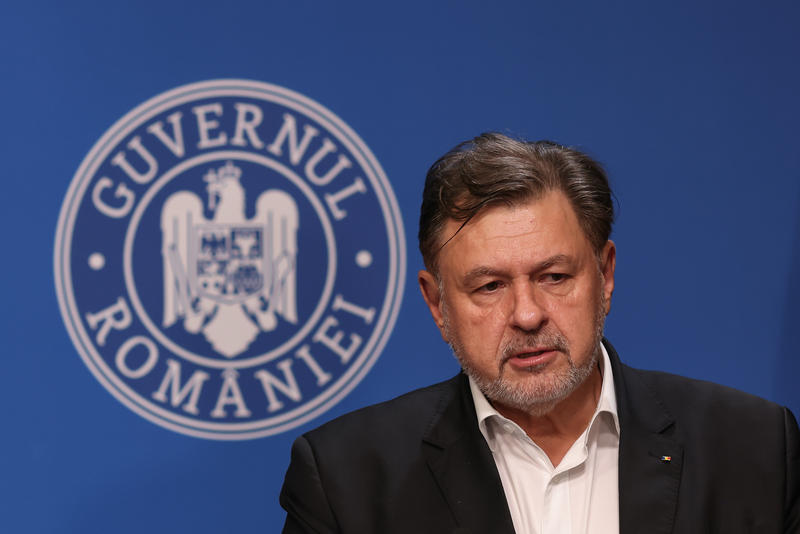A week after Romanian President Traian Basescu signed into law a new piece on legislation regulating religious cults in the country, he and the document have become the target of fierce criticism both domestically and internationally.
The law, while hailed by the Romanian Orthodox Church as “profoundly democratic and European”, draws criticism from NGOs, various religious communities and other bodies.
The law applies restrictions for the recognition of a religious cult and bans all forms, means, acts and actions of religious defamation as well as public offences against religious symbols. If strictly applied, the letter of this law would seriously breach the right of freedom of expression and conscience.
Romanian media unleashed itself on the issue today shortly after the Institute on Religion and Public Policy, a Washington DC-based think tank, called the law “the moniker of the worst religion law in Europe.
The think tank says the "promulgation of this law by President Basescu is a blatant attack on religious freedom and fundamental rights and demonstrates little if any move away from the previous communist regimes..."
President Basescu signed the bill into law despite a series of NGOs requested it be sent back to Parliament due to serious breaches to rights guaranteed by the Romanian Constitution.
According to Romanian newspaper Evenimentul Zilei, representatives of several religious communities are ready to challenge the law at the Constitutional Court and the European Court of Human Rights.
And Romania Libera quotes representatives of various small religious communities in Romania that challenge a three-level system of cult recognition, the ban of religious defamation and a 12-year period a religous community has to wait before it is recognized as a cult.
But representatives of the Romanian Orthodox Church, the majority cult in Romania, are quoted by the Ziua newspaper saying that “the Cults Law passed by President Traian Basescu is beyond all profoundly democratic and European”.




















